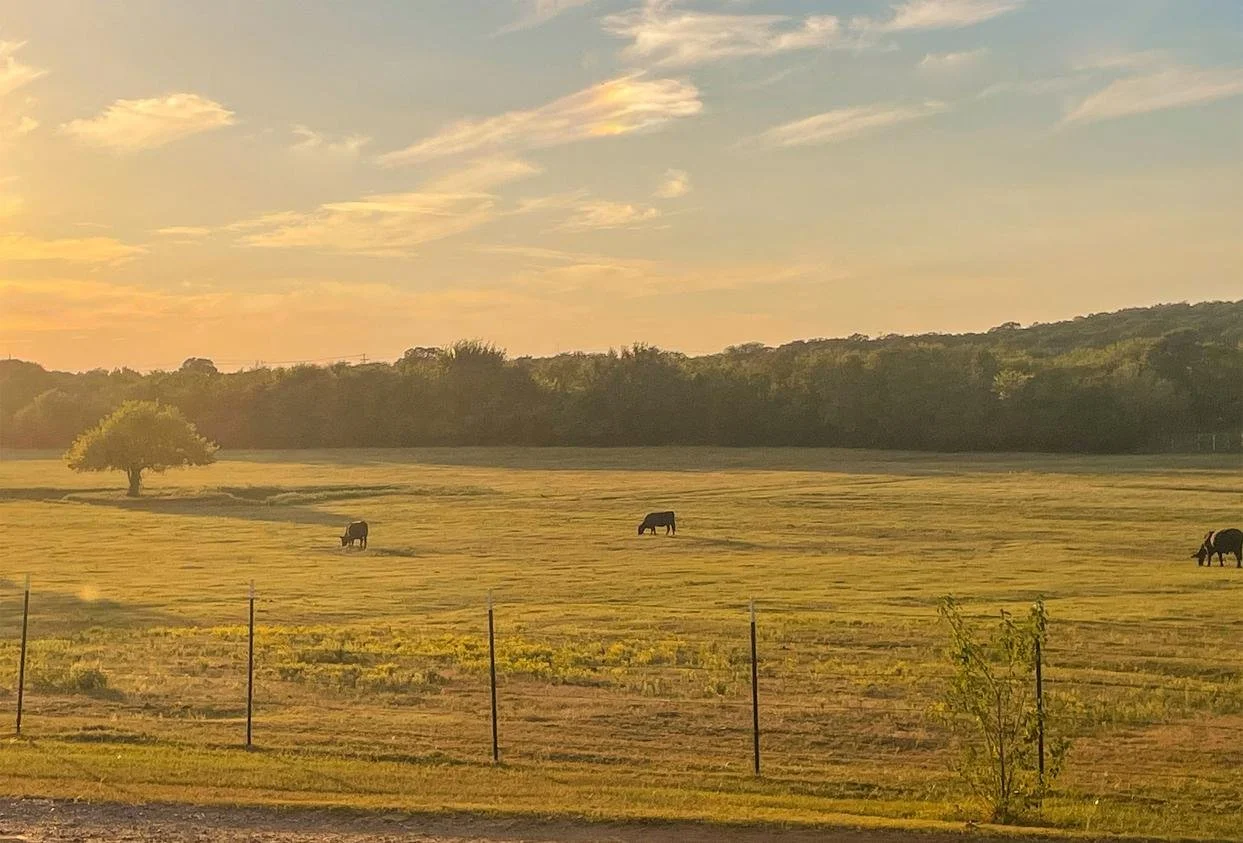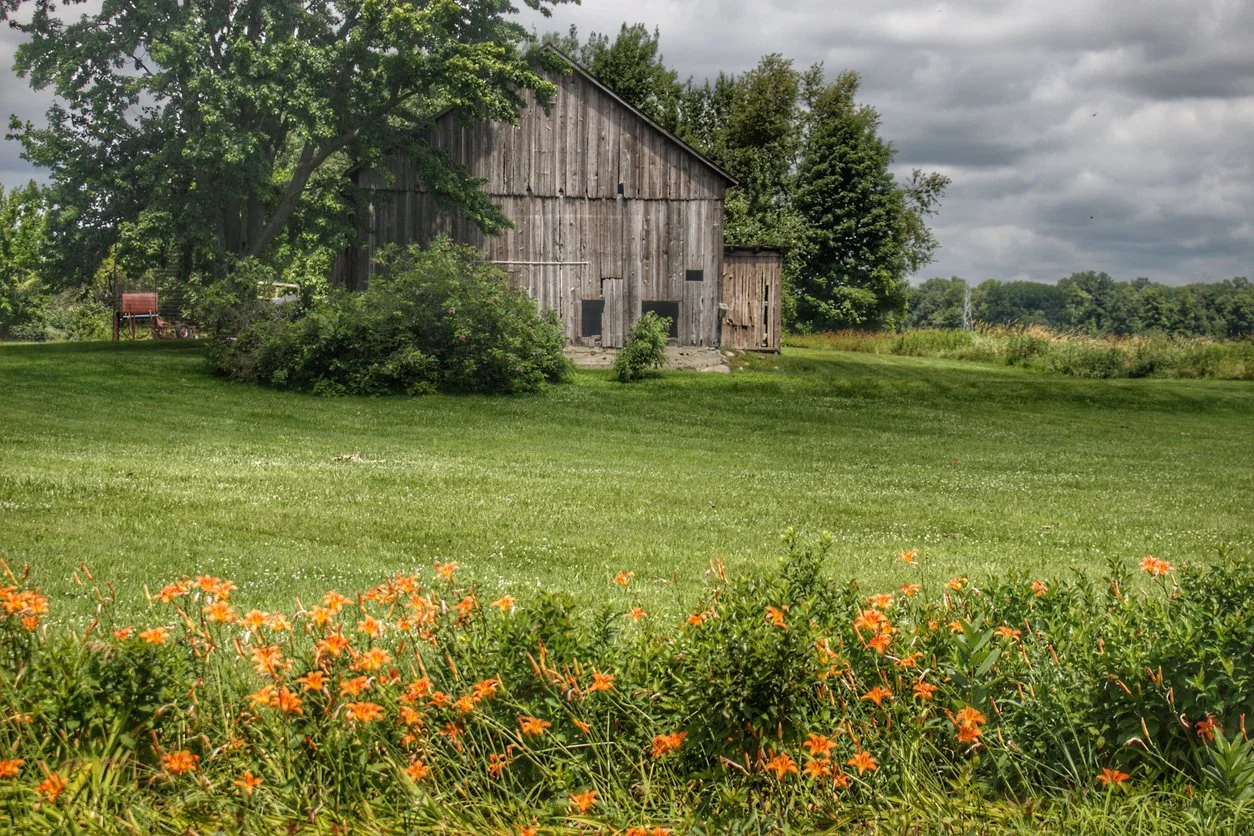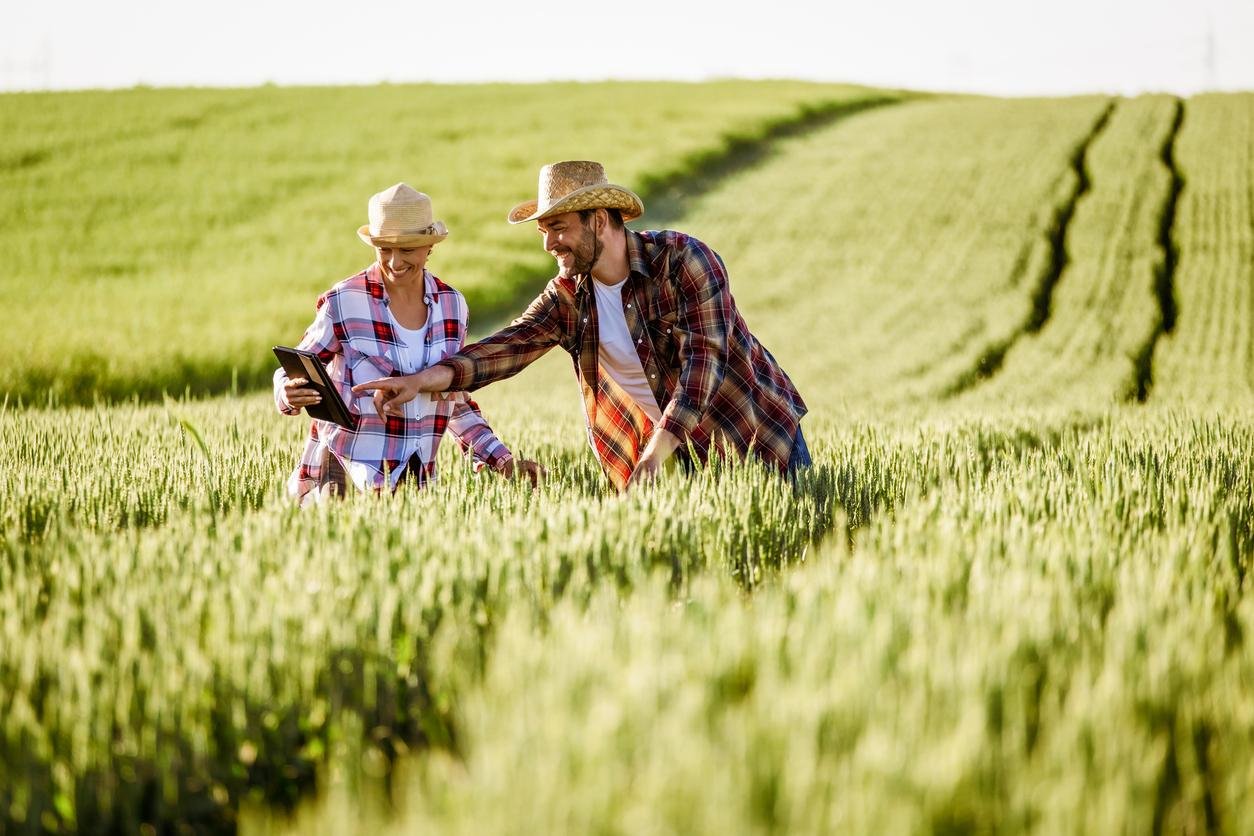How to Buy Ranch Land in Texas
Discover > Starting a Farm > How to Buy Ranch Land in Texas
For many Texans, buying ranch land is more than just a business decision, it's a way of life. The state's rich history and culture are deeply connected to the land, and the vast stretches of rolling hills and rugged terrain have inspired generations of Texans to build their homes and businesses there.
Ranching is a tradition that runs deep in the Lone Star State, and for those who are looking to own a piece of this unique lifestyle, the process of buying ranch land can be both exciting and challenging. Whether you're a seasoned rancher or a city slicker looking to make a change, there are a few things you should consider before taking the plunge and investing in your own piece of Texas paradise.
But before you go out to buy ranch land in Texas, there are a few things you should know. From finding the perfect property to closing the deal, this guide will walk you through the process.
Finding the Right Texas Land
When it comes to finding the perfect ranch land, it's important to consider your needs and preferences. Some things to keep in mind include the size of the property, the location, and the wildlife in the area.
Texas is divided into different regions, each with its climate, topography, and vegetation. It is crucial to research the various regions to determine which one fits your needs. The Hill Country, for example, is a popular region for owning ranch land in Texas. The region has a rugged landscape, with hills and canyons, and it's known for its hunting and recreational opportunities. The Panhandle Plains, on the other hand, are ideal for livestock grazing, with its flat terrain and open prairies. Researching the different regions will help you narrow down your search for ranch land that is best suited for your needs.
Working with a Land Agent
A land agent can be a valuable resource when it comes to finding and buying ranch land in Texas. Look for an agent who is familiar with the area and has experience working with buyers who are interested in ranch properties.
Working with a local real estate agent who specializes in ranch land is critical when searching for the right ranch land in Texas. A local agent has a deep understanding of the local real estate market, zoning regulations, and the availability of utilities such as water and electricity. They can provide you with information on the available ranch land in the region and help you find the right property that meets your needs and budget.
Financing Your Dream Texas Ranch
Financing ranch land in Texas is different from financing a typical residential property. Most lenders consider ranch land as a risky investment due to the fluctuating market and limited revenue streams. However, some lenders specialize in financing ranch land and can help you secure financing for your purchase.
When financing ranch land in Texas, you need to consider factors such as the down payment, interest rates, and repayment terms. A larger down payment will give you a better chance of securing financing, while a lower interest rate will reduce your overall cost. Additionally, you need to consider whether you want a fixed or adjustable-rate mortgage.
Understanding the Rural Land Market
Once you identify potential ranch land, it's crucial to inspect the property. Inspecting the land will help you identify any issues that could affect the property's value or use.
Hire a professional inspector to check the land for any environmental hazards, soil issues, or other potential problems. You should also inspect any existing structures on the property, such as barns, sheds, or fences, to ensure they are in good condition.
Due Diligence and Title Search
Before closing the deal, you need to conduct due diligence and a title search to ensure that the property has a clean title and no outstanding issues. A title company can help you with the due diligence and title search process.
During due diligence, you need to verify information such as property boundaries, zoning regulations, and any environmental concerns. Additionally, you need to inspect the property to ensure it meets your needs and has no significant issues.
The title search process involves researching the property's history to ensure that it has a clear title and no outstanding liens or debts. A title company will provide you with a title report that outlines any issues or concerns that need to be addressed before closing the deal.
Negotiating the Purchase Agreement
Once you've found the perfect ranch land and secured financing, it's time to negotiate the purchase agreement. A purchase agreement outlines the terms and conditions of the sale and protects both the buyer and seller's interests.
When negotiating the purchase agreement, you need to consider factors such as the purchase price, closing date, and any contingencies. Additionally, you need to consider any improvements or repairs that need to be made to the property before closing the deal.
Closing the Deal
Once you've found the perfect ranch land and worked with a land agent to negotiate a deal, it's time to close the transaction.
During this step of the process in buying your own ranch land, you need to have a checklist handy to make sure that you’ve gone through everything that needs to be done. This will ensure that your purchase will pull through without a hitch.
Know Before You Ranch
When buying ranch land in Texas, there are a few additional considerations to keep in mind. For example, you may need to research mineral rights, livestock and fencing requirements, and potential exemptions. This is to ensure that you are in the clear when setting up developments or potentially expanding your ranching operations.
Buying ranch land in Texas can be a complex process, with the right preparation and resources, it can also be incredibly rewarding. Just always remember that it may be an uphill climb when acquiring your own ranch land in Texas but it’s going to be worth it. Never give up and always be well-researched when it comes to this type of investment.










